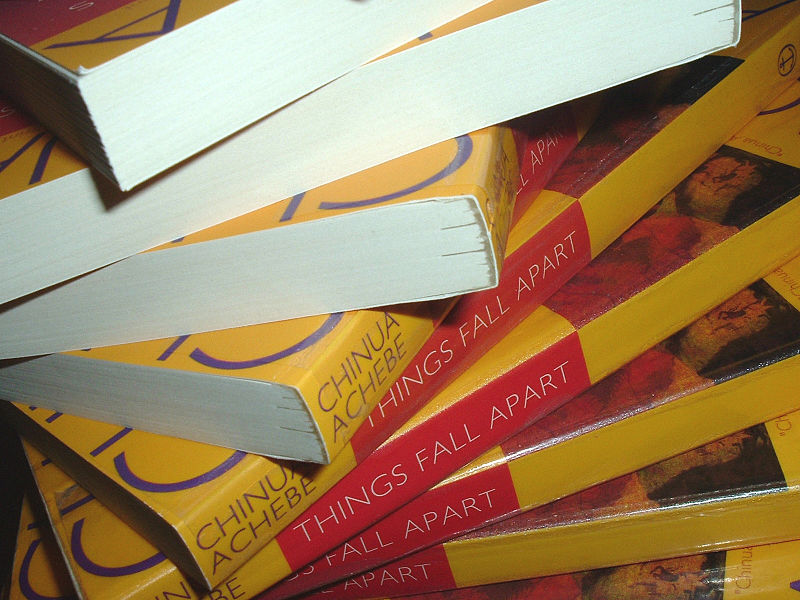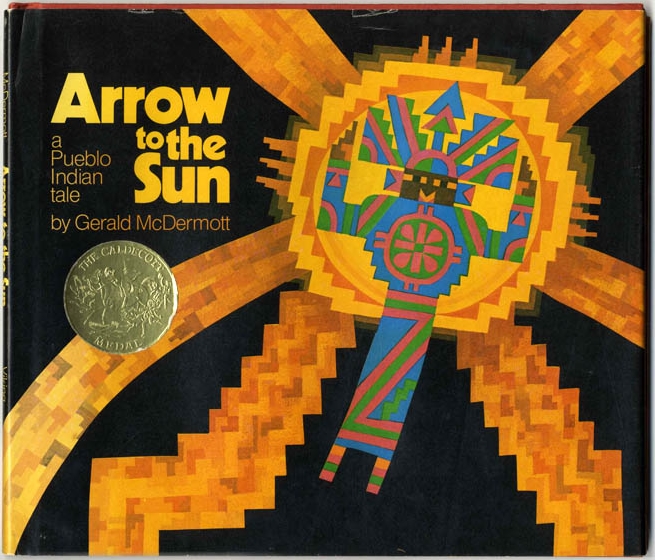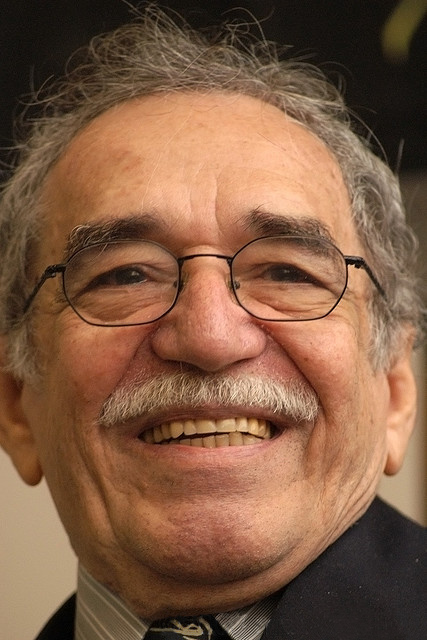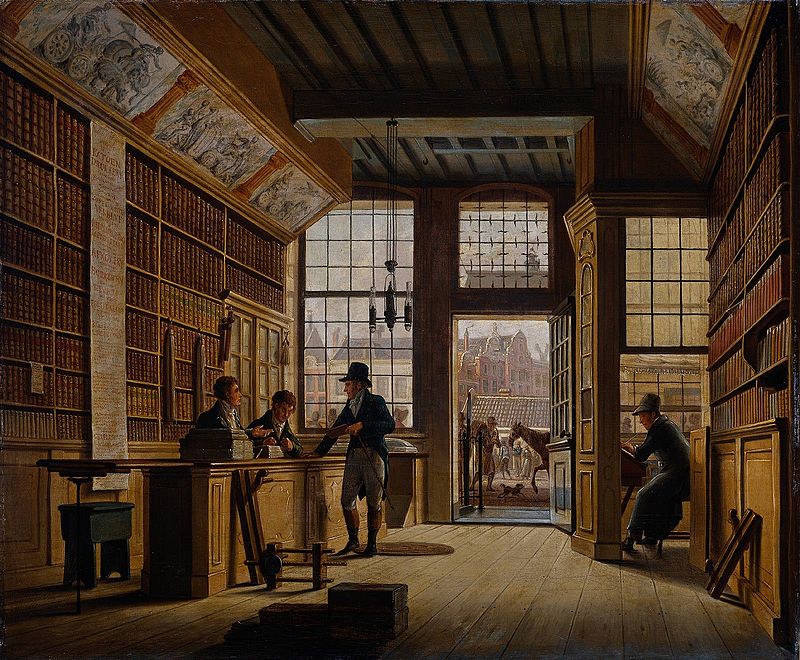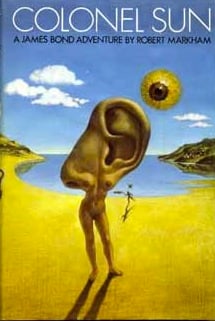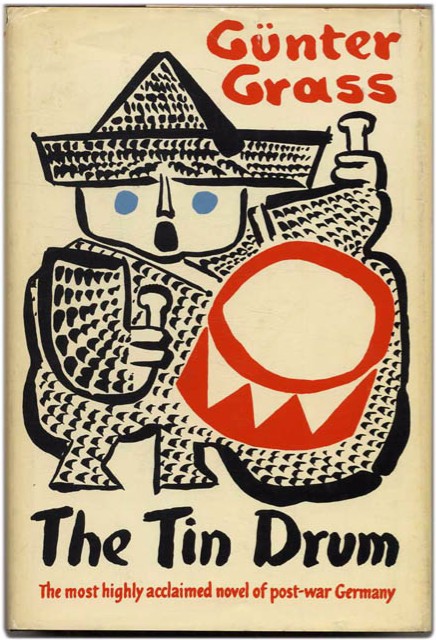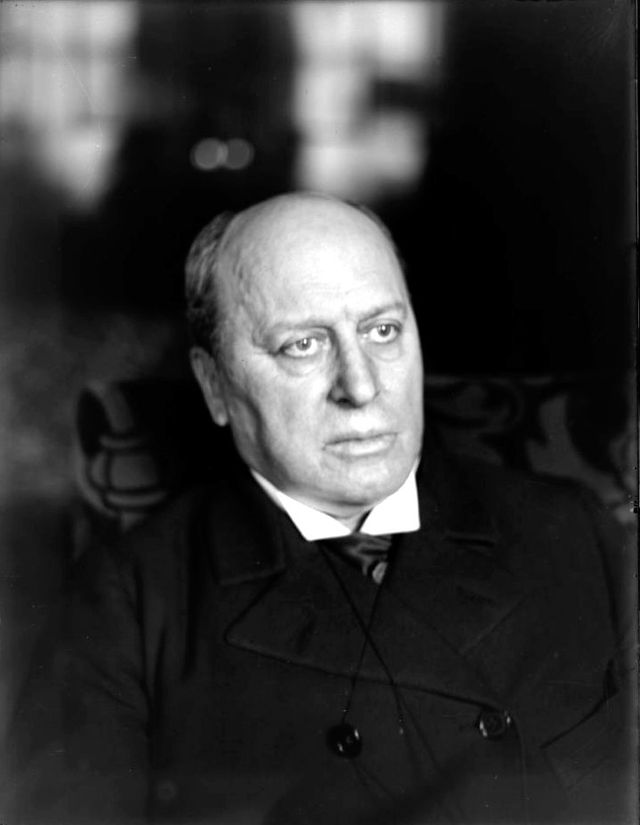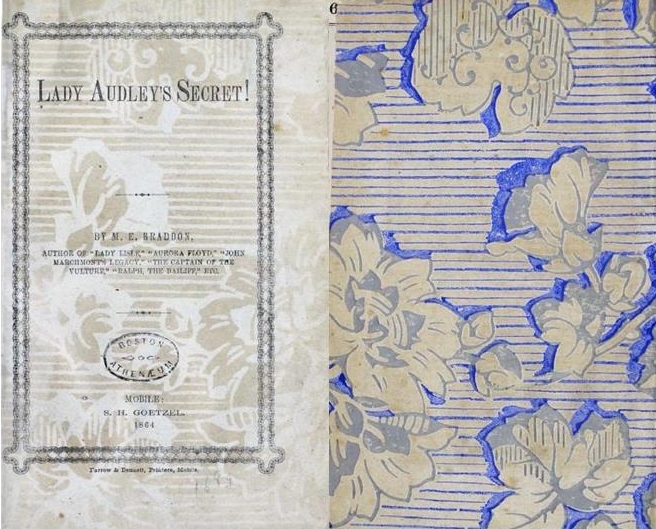Charlotte Brontë was the third oldest sister in a remarkably learned family. Brontë is best known and loved for her masterpiece, Jane Eyre. After all, who isn’t captivated by Jane’s spirit and resilience and her love saga with Mr. Rochester? Though Jane Eyre was the first of Charlotte Brontë’s novels to be published, it actually was not the first one she wrote. That title goes to The Professor. Although it has earned less popular esteem, here are three reason to pick up and read The Professor.
us toll free: 1-800-948-5563 international: +1 (843) 849-0283 UK: +44 (0) 1334 260018




